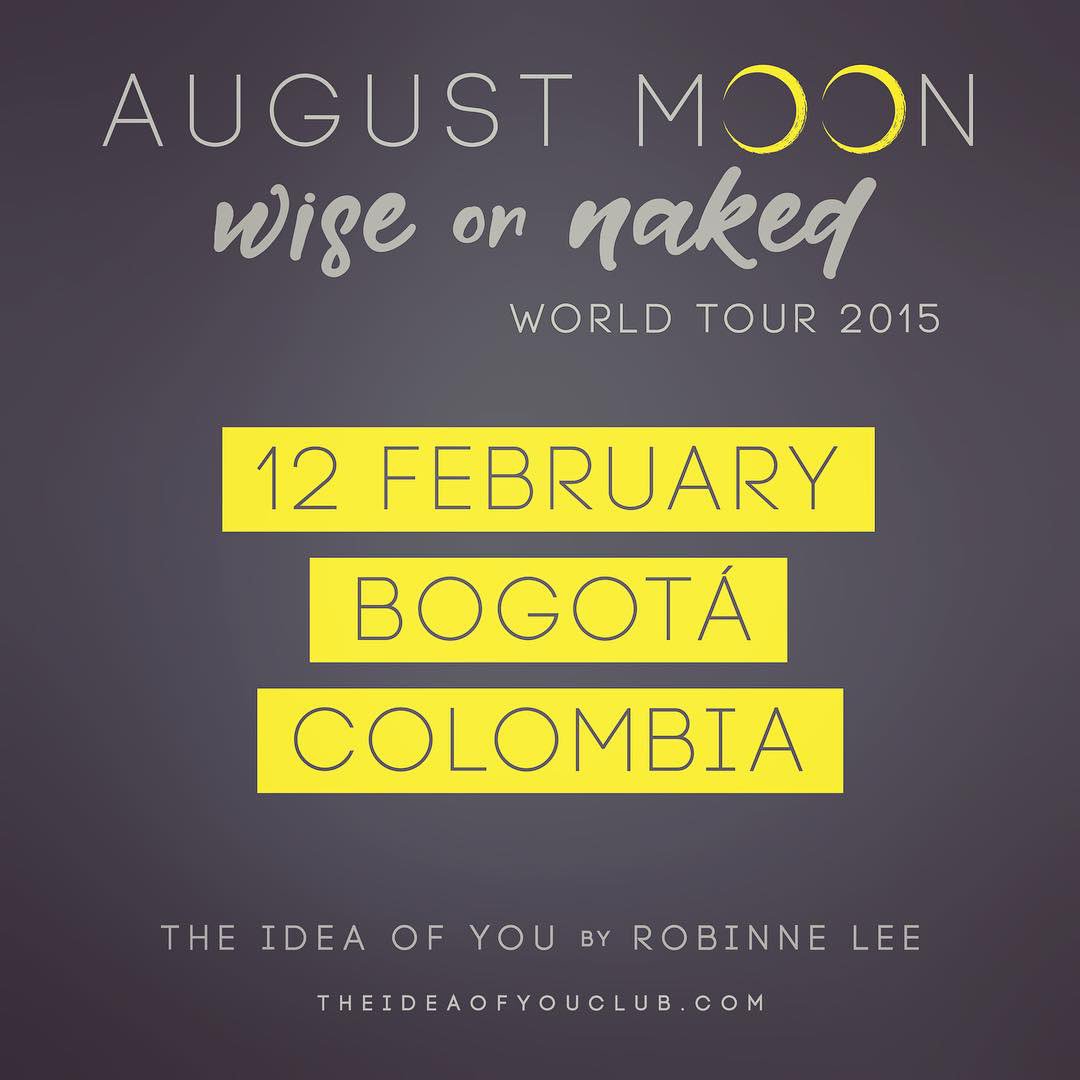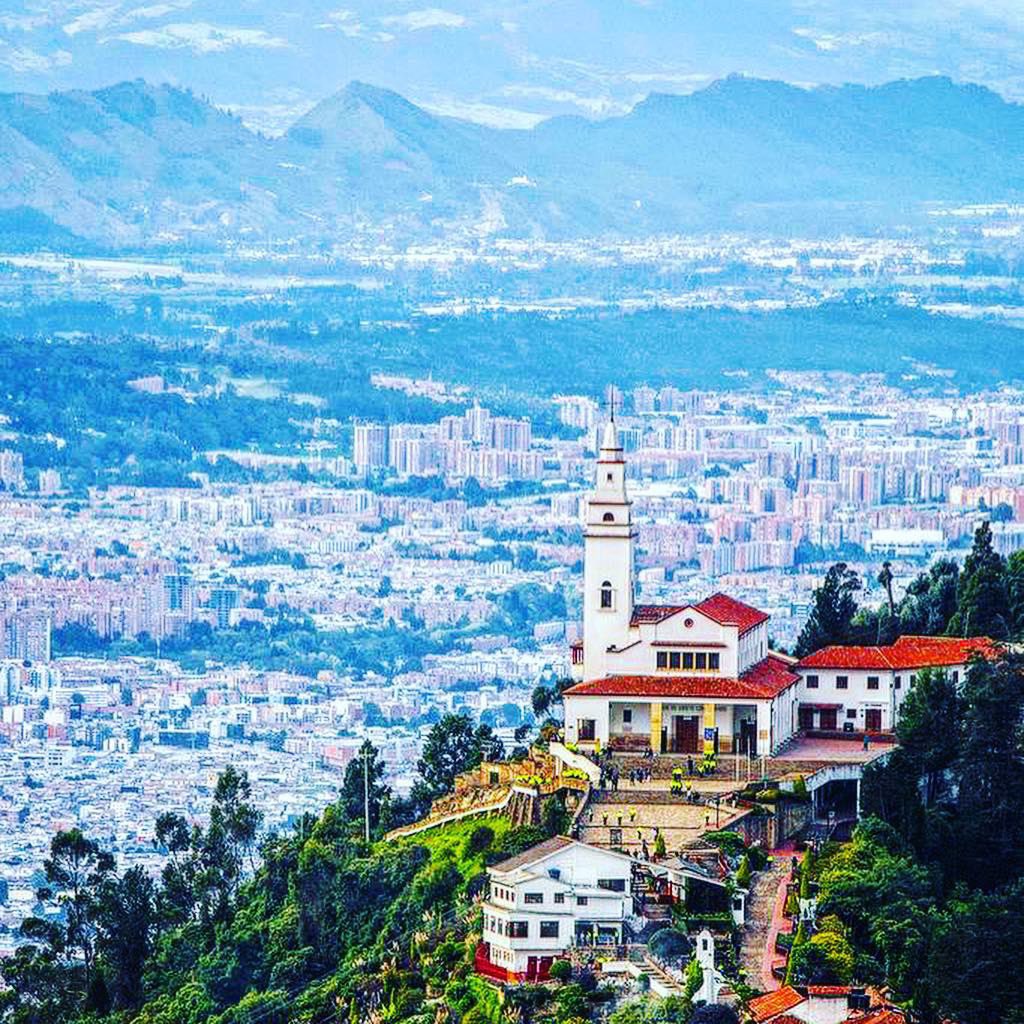bostonglobe.com/2019/11/20/opi…
washingtonpost.com/outlook/2019/1…
lawyersgunsmon.wpengine.com/2015/11/this-d…
Keep Current with Erik Loomis
This Thread may be Removed Anytime!
Twitter may remove this content at anytime, convert it as a PDF, save and print for later use!

1) Follow Thread Reader App on Twitter so you can easily mention us!
2) Go to a Twitter thread (series of Tweets by the same owner) and mention us with a keyword "unroll"
@threadreaderapp unroll
You can practice here first or read more on our help page!














